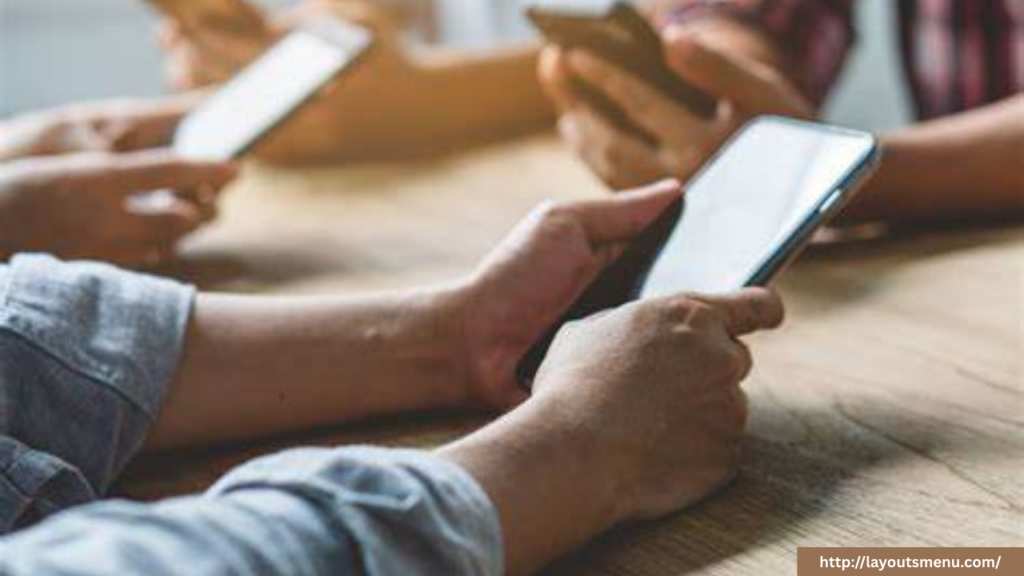
Social media started as a revolutionary tool to connect people across the globe. With just a few taps, you can catch up with old friends, share life updates, or discover global trends. Platforms like Facebook, Instagram, Twitter, and TikTok were designed to enhance communication and build communities. But as usage has increased, many have found themselves slipping from casual users to full-blown addicts, unable to go a few minutes without checking their feeds. The very tools meant to connect us are now taking over our lives.
The Shift from Social to Compulsive
What begins as a way to stay in touch often evolves into a compulsive habit. Notifications, likes, and comments trigger a reward loop in the brain, similar to that experienced with gambling or substance use. Every alert provides a small dopamine boost, encouraging users to seek that same feeling repeatedly. Before long, scrolling becomes automatic, and logging in becomes the first and last activity of the day.
This shift from connection to addiction is subtle. It doesn’t happen overnight. One moment, you’re liking a friend’s vacation photo; the next, you’re three hours deep into reels, posts, and stories. It’s easy to lose track of time, priorities, and even sleep.
Warning Signs of Social Media Addiction
Social media addiction manifests in various ways. You may find yourself:
- Checking your phone constantly, even without receiving a notification.
- Feeling anxious or restless when unable to access social media.
- Comparing your life unfavorably to others online.
- Prioritizing virtual interactions over real-world connections.
- Neglecting responsibilities, hobbies, or relationships due to screen time.
These are not just harmless habits; they can lead to significant mental and emotional distress. Studies show that heavy social media use correlates with increased rates of anxiety, depression, and low self-esteem.
The Impact on Daily Life
As social media takes a stronger hold, its effects seep into various aspects of life. Relationships suffer as partners or family members feel ignored in favor of screens. Productivity drops when work or study hours are spent browsing rather than focusing. Sleep quality declines due to late-night scrolling and exposure to blue light.
Additionally, the curated perfection on social media can distort reality. Seeing constant images of success, beauty, or luxury can lead to feelings of inadequacy and discontent. People begin to measure their worth by likes, followers, and comments, which can be both mentally exhausting and emotionally harmful.
Reclaiming Your Life
Breaking free from social media addiction is possible but requires intention and consistency. Start by:
- Tracking your screen time to identify patterns.
- Setting app usage limits or scheduling screen-free hours.
- Turning off non-essential notifications.
- Engaging in offline activities like exercise, reading, or in-person socializing.
- Being mindful of your mental state while using social media.
Social media doesn’t have to be the enemy. When used mindfully, it can still serve its original purpose—connection. By setting boundaries and becoming more aware of our habits, we can shift from addiction back to balance, reclaiming control over our time and well-being.